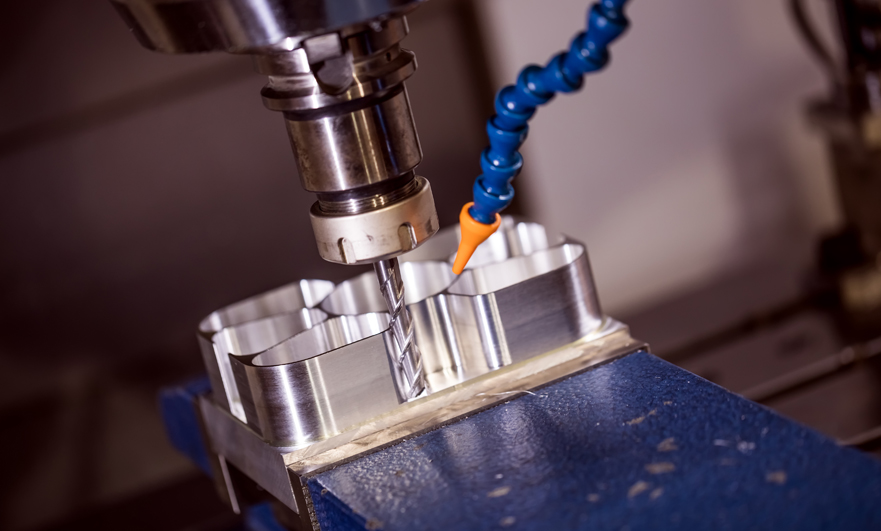15 years one-stop China custom CNC machining parts factory

Hey there I’m VMT Sam!
With 25 years of CNC machining experience we are committed to helping clients overcome 10000 complex part-processing challenges all to contribute to a better life through intelligent manufacturing. Contact us now
 135 |
Published by VMT at Oct 27 2021
135 |
Published by VMT at Oct 27 2021
Robots, a word that we are not unfamiliar with and a little longing for, every generation will define how it interprets this word. Growing up, I understand that robots are only used to automate daily tasks, and the most exciting and useful applications are closer to science fiction rather than reality. According to data from the International Federation of Robotics, it is estimated that by 2021, China will add 750,000 industrial robots, accounting for 45% of the world’s shipments. In contrast, Japan, the second largest market, will account for 11% of total shipments during the same period, and the United States will account for 7%.
These days, the reality is that some of the most practical and exciting developments in robotics have been and are happening in the manufacturing industry. It is also predictable that more and more "Made in China" robots will appear in manufacturing factories. China's industrial robots once relied heavily on foreign supplies, but this situation is quietly changing in recent years. By 2020, nearly half of the industrial robots sold in China will be "domestic-made."
In the future, manufacturers of CNC machining plants will be able to improve production efficiency by applying new design principles, digital technologies and integrated processes throughout the entire value chain. These steps will reduce the total processing cost by up to 40%, and the flexibility, quality, speed and safety will be further improved. To turn dreams into reality, companies must solve problems related to three major driving forces: strategy and leadership, employee skills, and information technology infrastructure.

What is the future CNC machining factory?
The future CNC machining factory means that manufacturers should improve production efficiency by improving factory structure, factory digitization and factory processes. We will discuss each element and provide examples to illustrate how leading automotive suppliers and OEMs are testing these new concepts.
Factory digitization
Numerical control machining manufacturers are increasingly using digital technology. Among the respondents in the automotive industry, 70% said that factory digitization will become more important in 2030, and 13% believe it is already very important today. Many companies are introducing smarter automated production and using various methods to improve the efficiency of CNC machining. Use collaborative robots. Robots can collaborate with workers (without using protective fences). At Volkswagen's factory in Wolfsburg, Germany, collaborative robots can help workers tighten screws that are difficult to reach.
Install smart robots. Compared with workers, robots can perform more complex tasks. The robot can also collect information from each work-in-process that is being produced and automatically adjust their actions according to its characteristics. Changan Ford has installed flexible industrial robots on a "body-in-white" welding line. The company plans to use a robot and a car body skeleton forming system to process six models on the same welding line, and to complete the conversion for different models within 18 seconds.
Many companies that focus on improving the technology of CNC machining factories require customized CNC machining parts more than ever. This technology is precision machining unique parts on CNC. VMT is a leader in CNC machining and manufacturing, and is also a key supplier of unique components that supports the growing business sector.
Ready To Start Your Next Project?
Get Instant Quote

Request a Free Quote
Send us a message if you have any questions or request a quote. We will get back to you ASAP!